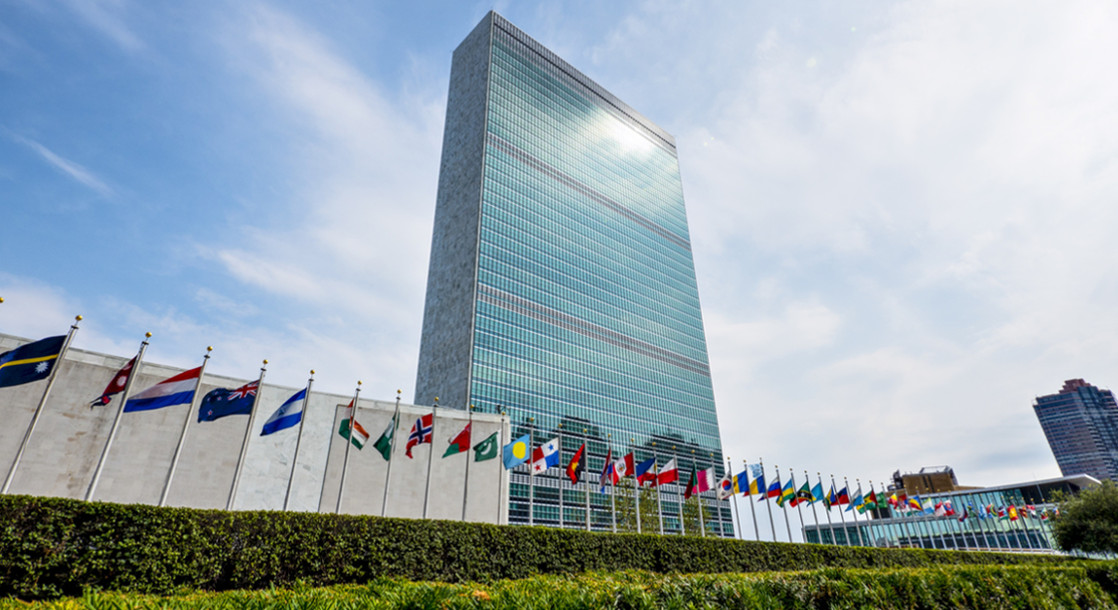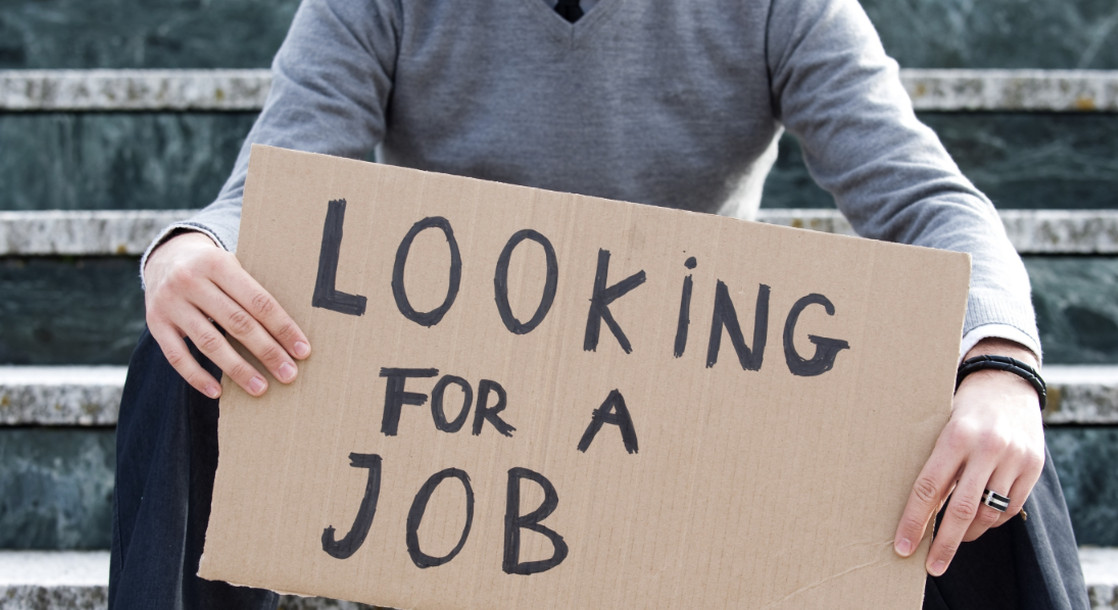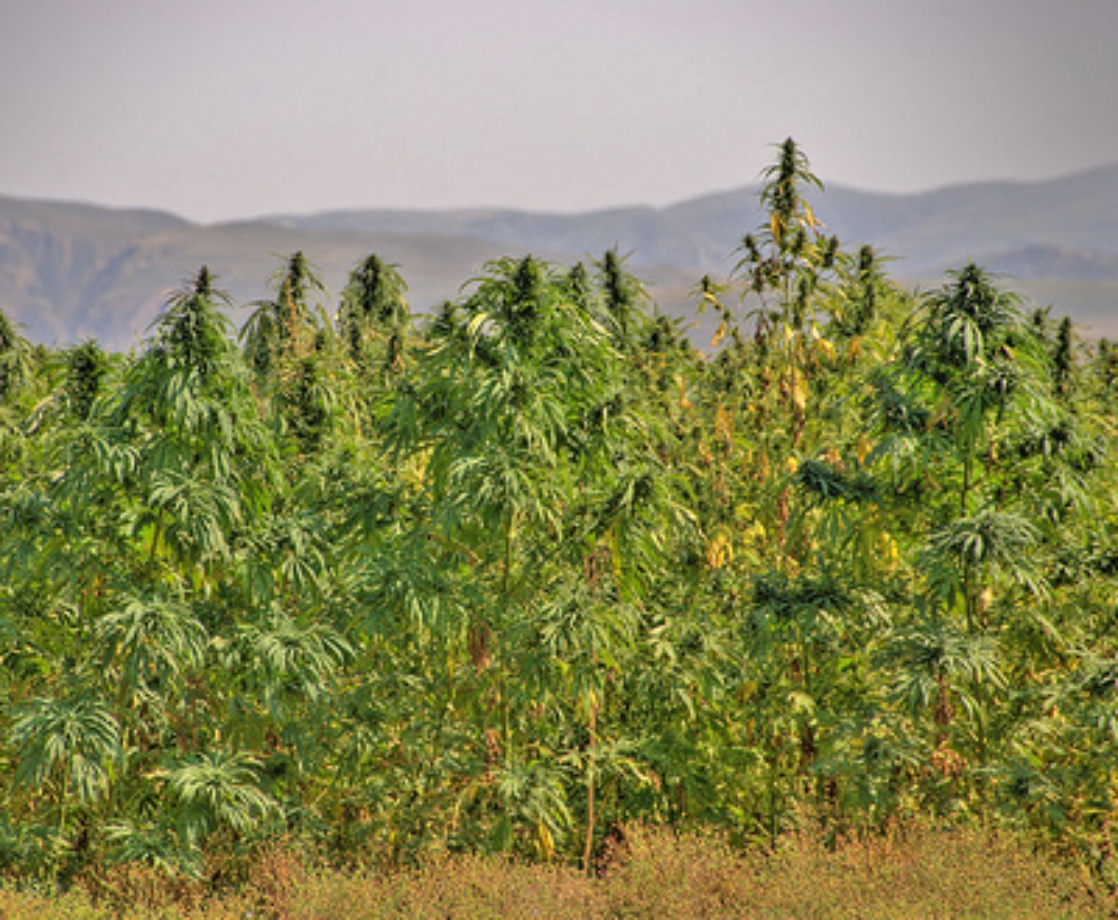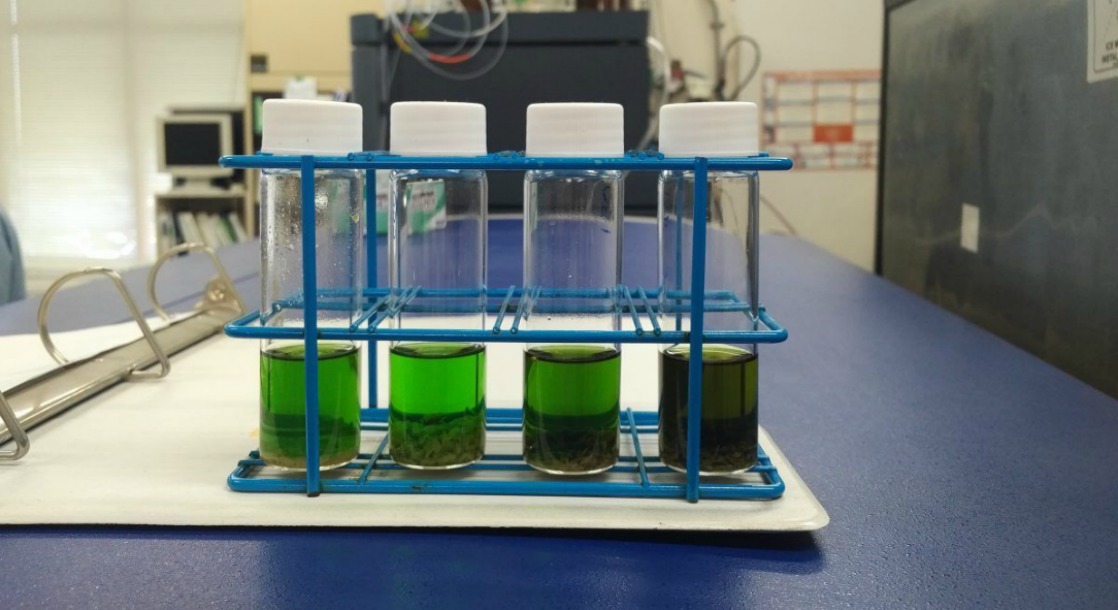Photo via iStock/ lucagavagna
With the United Nations’ World Health Organization (WHO) launching a reevaluation of cannabis' international scheduling, member nations — including the United States — are reaching out to their own constituencies for public comment.
As Tom Angell, publisher of Marijuana Moment, recently reported in Forbes, the U.S. Food and Drug Administration (FDA) is looking for input on "the abuse potential, actual abuse, medical usefulness, trafficking, and impact of scheduling changes on availability for medical use of" cannabis and the plant's compounds. In June, WHO's Expert Committee on Drug Dependence will meet and make recommendations to the UN secretary general based on such feedback. Eventually, cannabis could be rescheduled internationally by a majority vote under the 1961 Single Convention on Narcotic Drugs.
Currently, cannabis sits in the strictest schedule, alongside drugs like heroin, both domestically and internationally. By American standards, that falsely implies that cannabis has no medical use. By international standards, that means marijuana may have very, very limited medical use, but member nations who've signed onto drug treaties still should not legalize it. (That being said, nations like Uruguay and Canada have already violated the agreement’s provision not to legalize pot.)
The UN's review of cannabis' international scheduling, along with the FDA's request for comment from the American public, provokes a question: could a shift in the international politics of cannabis have any bearing on pot policy in the U.S.? The short answer is, just a little.
Cannabis' inclusion in UN drug treaties is based on "dubious grounds" set out by a 1935 League of Nations study that was "extremely biased" and "enough to question the legitimacy of the current classification of cannabis in the treaties," explains John Walsh, director of drug policy at the Washington Office on Latin America, a non-governmental organization focused on human rights and social justice advocacy. "It's important that the WHO is, for the first time, doing what the treaties mandate: evaluating cannabis and whether it makes sense where it is in the treaty structure." In fact, the WHO has never provided a scientific assessment of cannabis' treaty scheduling in the first place.
The U.S. is a member of three specific international treaties which theoretically restrict the country's ability to allow cannabis, explains attorney Shawn Hauser of the cannabis law firm Vicente Sederberg. Those treaties include the 1961 Single Convention on Narcotic Drugs, the 1971 Convention on Psychotropic Substances, and the 1988 Convention Against Illicit Traffic in Narcotic Drugs and Psychotropic Substances. All the countries that have signed onto the treaties are supposed to implement each treaty’s obligations (if not stricter policies, if they so choose) in their domestic legal regimes.
As a member nation to the treaties, the U.S. must ultimately vote on any revisions, including if WHO were to recommend that cannabis be rescheduled internationally. Even so, no matter which schedule cannabis falls into, scheduling the plant to begin with implies that it can only be used in medical preparations, as opposed to full adult use, Walsh notes. "It's important to recognize the limitations that the treaties, including rescheduling in the treaties, still pose for a government that wants to completely legalize and regulate like Canada is about to do," he says.
For more liberal countries choosing to go their own way on ganja, the punishment for violating the treaties could be an embargo against such lenient nation-states, preventing them from receiving essential medicines, Walsh says. The drug treaties themselves are meant to provide access to essential medicines in exchange for adopting certain drug policies, so the flip side would be to deprive any violator from receiving such medications via trade. "It's a very draconian penalty, and for that reason it won't be used," he says.
As Walsh co-wrote in a recent op-ed, "drug conventions should not be an inflexible set of norms, but that rather they should evolve according to the national circumstances and priorities of countries, and that 'withdrawing from that framework would be an excessive and unnecessary response and would also be detrimental to both Canada’s and the international community’s interests.'"
Case in point, while countries should aim to honor the treaties as a whole — rather than pick and choose aspects of them à la carte — violating outdated international drug treaties should not dissuade an individual country from liberalizing its drug policy. In the meantime, as more U.S. states legalize marijuana and more countries experiment with softer drug laws, the conflict between national and international law is becoming increasingly problematic as the UN remains slow to deschedule cannabis.
In fact, the chances of the WHO descheduling cannabis completely are slim to none, Walsh adds. "Too many countries are still completely wedded to the prohibitionist framework that the treaties set out, and they're not going to vote to remove cannabis from that framework," he says.
Of course, the U.S. was instrumental in crafting these frameworks from the beginning. With the bulk of the treaties having been negotiated since the 1950s, as the United States reigned as a global superpower, most countries cooperated with the American prohibitionist agenda. Cannabis' international scheduling, like its domestic legal status, was based mainly in reefer madness and fear-mongering racism than science or any factual concern. "So that's the level of, at very best, a paternalistic government protecting you from yourself, and the U.S. succeeded in getting cannabis to be part of the broader global prohibition," Walsh says.
While it's unlikely international rescheduling (or even the FDA's request for public input) would result in meaningful changes on marijuana policy at home, it's more likely it would (at the very least) allow for a better and more informed debate in the U.S., he adds. If the U.S. were to vote against international rescheduling, it would also put the federal government in an unpopular position domestically, where more than 60 percent of American adults favor legal cannabis.
"What needs to happen is descheduling and rescheduling, and recognizing this plant does have medical efficacy and little potential for abuse," says Hauser. "With the evolution of scientific evidence and what we know now, it will be hard to dispute that."
Last year, for example, based on various recommendations from member countries, the WHO reviewed CBD and recommended it for further analysis. It's possible whole plant cannabis could follow suit, but the timeline for the psychoactive substance will certainly be much longer. Regardless, the FDA's deadline to receive public comments is April 23.











